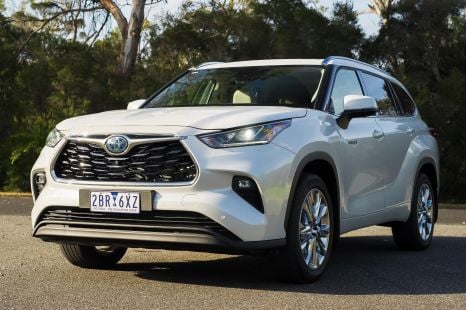

Max Davies
2026 Toyota Kluger review
4 Hours Ago
Volkswagen will undertake significant production changes and cut more than 35,000 jobs by 2030 to improve its financial situation.

Contributor
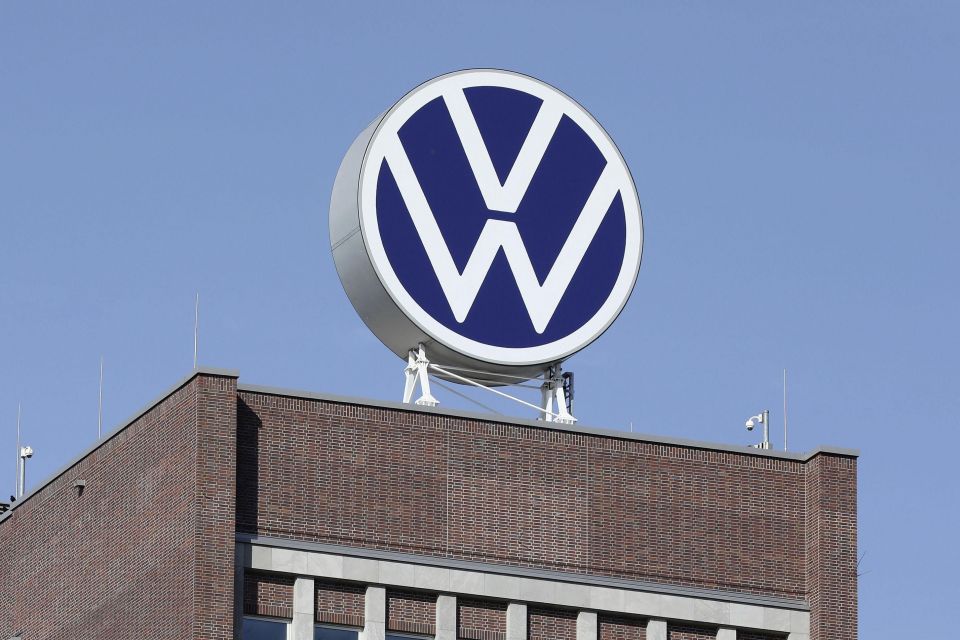

Contributor
Volkswagen has reached an agreement with its works council after marathon negotiations to protect its German workforce in the immediate future – but production changes in coming years will result in 35,000 jobs being lost by 2030.
In recent weeks, tension between Volkswagen – which has been losing profit and market share globally – and its employees has led to threats of closing certain German factories, leading to strikes from the workforce amid corporate negotiations.
Reuters reports a 70-hour negotiation between Volkswagen and its works council concluded over the weekend, resulting in a joint agreement titled ‘Future Volkswagen’.
Following the long and intensive negotiations, the agreement is an important signal for the future viability of the Volkswagen brand, Volkswagen Commercial Vehicles and the component plants,” said Volkswagen CEO Oliver Blume in a media statement.
100s of new car deals are available through CarExpert right now. Get the experts on your side and score a great deal. Browse now.
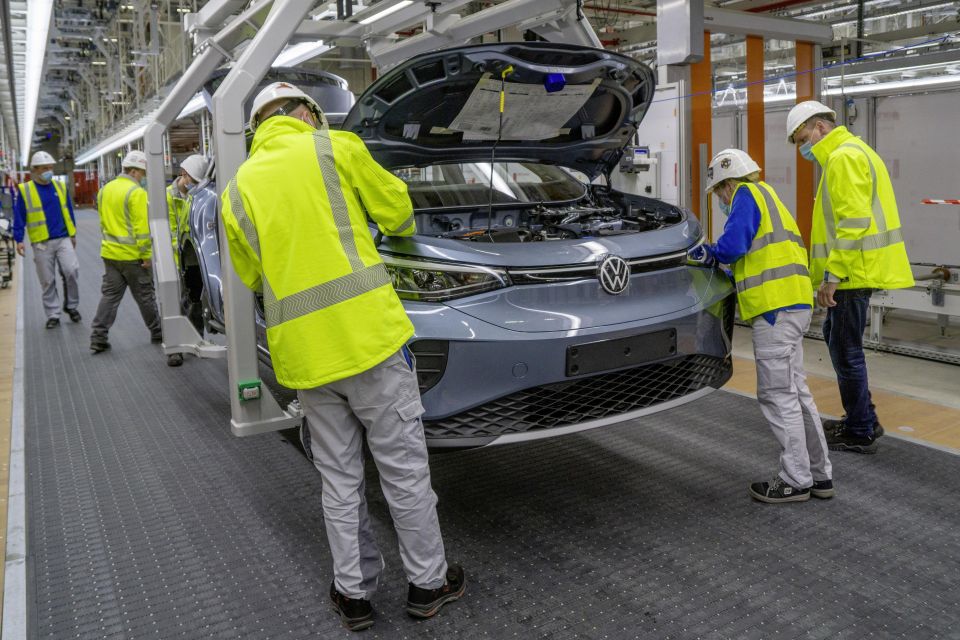
“With the package of measures that has been agreed, the company has set a decisive course for its future in terms of costs, capacities and structures.
“We are now back in a position to successfully shape our own destiny. The Board of Management and the wider management team are making a greater than proportional financial contribution.”
As a part of the agreement, Volkswagen says it’ll undertake a “socially responsible reduction in the workforce” which will lead to more than 35,000 job cuts by 2030.
Understood to be implemented from 2025 onwards, the car giant predicts it’ll save €1.5 billion (A$2.5 billion) in labour costs alone each year. Proposed wage cuts of 10 per cent have not been implemented as a part of the agreement.
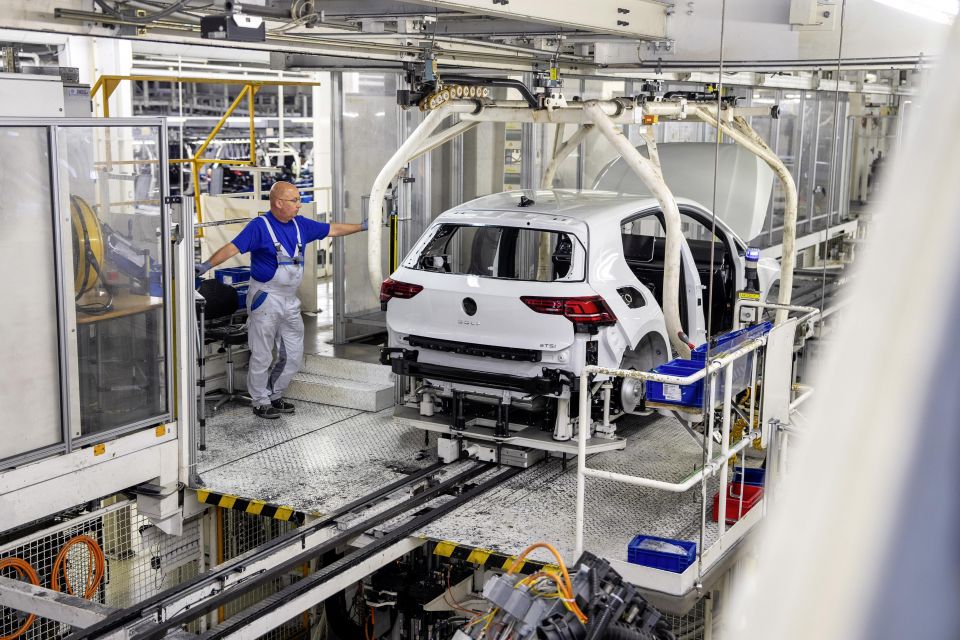
The job cuts will align with production changes across Germany, which Volkswagen predicts will lead to its capacity being reduced by approximately 734,000 vehicles.
According to Volkswagen, medium-tern cost savings of €15 billion (A$25 billion) annually have been projected.
As previously reported, production of the Volkswagen Golf hatchback and wagon will move from Wolfsburg, Germany to Puebla, Mexico from 2027.
The ninth-generation (Mk9) Volkswagen Golf is expected to launch in 2028 or 2029, and become an electric-only model. This and another model based on the upcoming Scalable Systems Platform (SSP) will initially be built at Wolfsburg.
The Golf has previously been produced outside of Germany, with Puebla making the Mk7 for the North American market, and South African-built examples also sold in Australia a handful of generations ago.
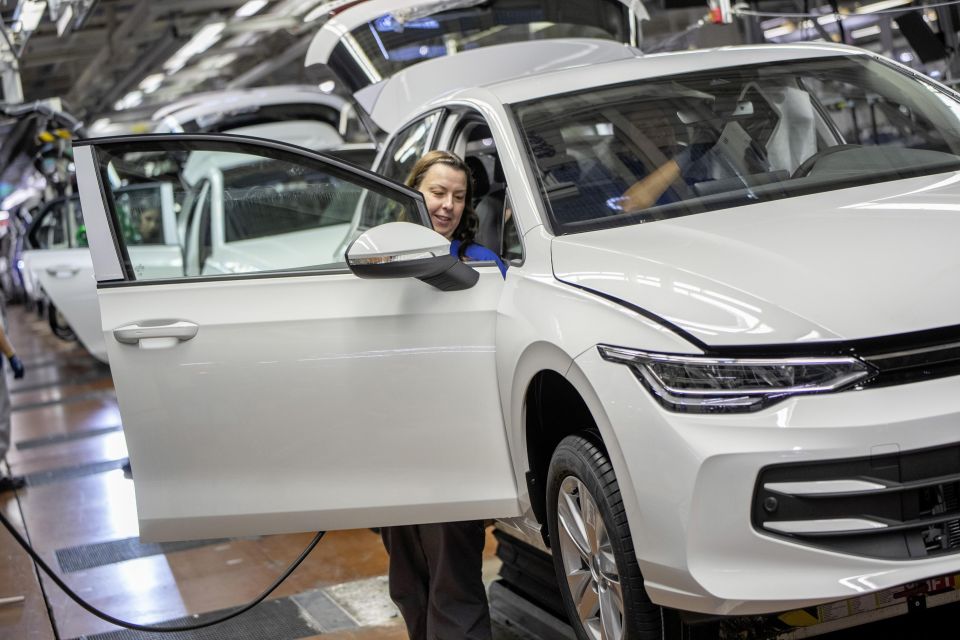
Additional production changes at Wolfsburg include the Volkswagen ID.3 and Cupra Born electric hatchbacks being built in the factory, rather than Zwickau where they’re currently made.
Production of the ID.4 will also end at Zwickau, with the electric SUV to instead be exclusively built at the Emden factory where it’s now made alongside the ID.7 and ID.7 Tourer.
According to Volkswagen, Zwickau will only produce the Audi Q4 e-tron (and its Sportback variant) from 2027.
The company made no mention of the ID.5, which is the coupe-styled version of the ID.4. It’s yet to be confirmed if this means the SUV will go out of production when the location shifts occur.
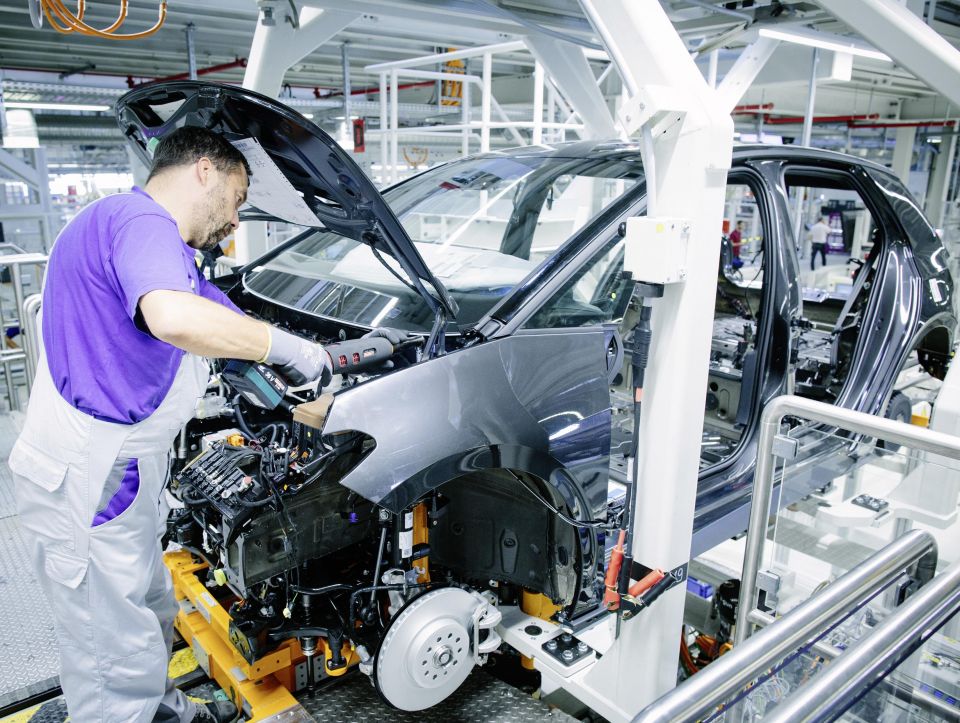
The Osnabrück factory, which dates back more than a century and previously produced Karmann vehicles, will continue to produce the soon-to-be-defunct Volkswagen T-Roc Cabriolet (convertible) until mid-2027. Volkswagen is exploring what to do with the factory after this time.
It has also confirmed the demise of the Dresden factory – better known as the Gläserne Manufaktur or Transparent Factory – which only builds the ID.3. With the electric hatchback leaving the site in 2025, Volkswagen is looking at allowing a third-party to use the factory.
The Transparent Factory opened in 2002 to build the Phaeton flagship. It reportedly cost €186 million (more than A$300 million at the time).
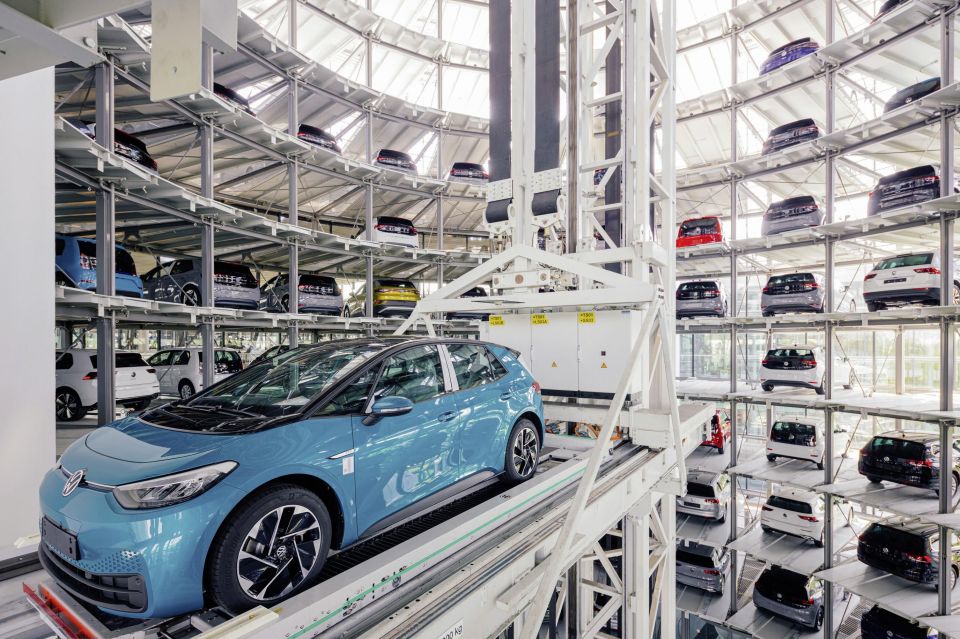
Volkswagen announced there will be no changes to its main commercial vehicles factory in Hannover, where the ID.Buzz is built.
It has however said “concrete measures have been agreed to sustainably reduce factory costs.”
The announcement of the production changes and output reduction comes just five years after the Volkswagen Group was the world’s largest carmaker by volume.
It peaked at 10,742,122 sales globally in 2019, a record figure beaten only once by another carmaker, Toyota.
MORE: Volkswagen may keep German factories open… for now MORE: Volkswagen strikes begin as rifts between workers and management worsen MORE: Volkswagen CEO blames its current problems on ‘decades of structural issues’ MORE: Volkswagen announces pay cuts as profits fall MORE: Volkswagen set to close three German factories, lay off thousands – report
Where expert car reviews meet expert car buying – CarExpert gives you trusted advice, personalised service and real savings on your next new car.
Born and raised in Canberra, Jordan has worked as a full-time automotive journalist since 2021, being one of the most-published automotive news writers in Australia before joining CarExpert in 2024.


Max Davies
4 Hours Ago
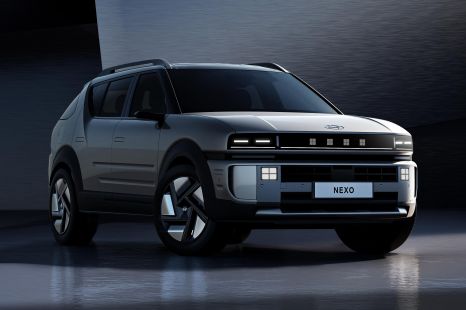

Alborz Fallah
20 Hours Ago
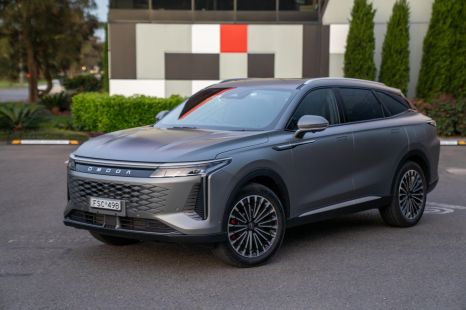

Andrew Maclean
21 Hours Ago
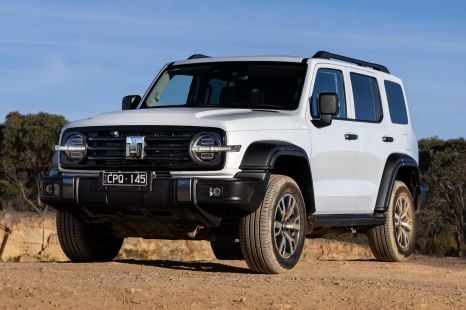

Jack Quick
1 Day Ago
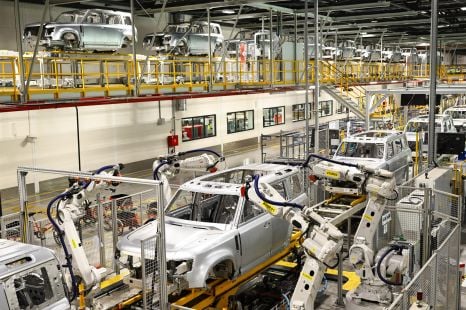

William Stopford
1 Day Ago
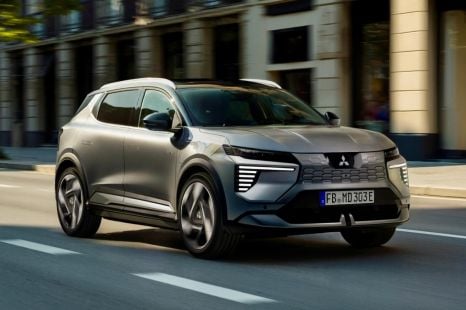

Ben Zachariah
2 Days Ago